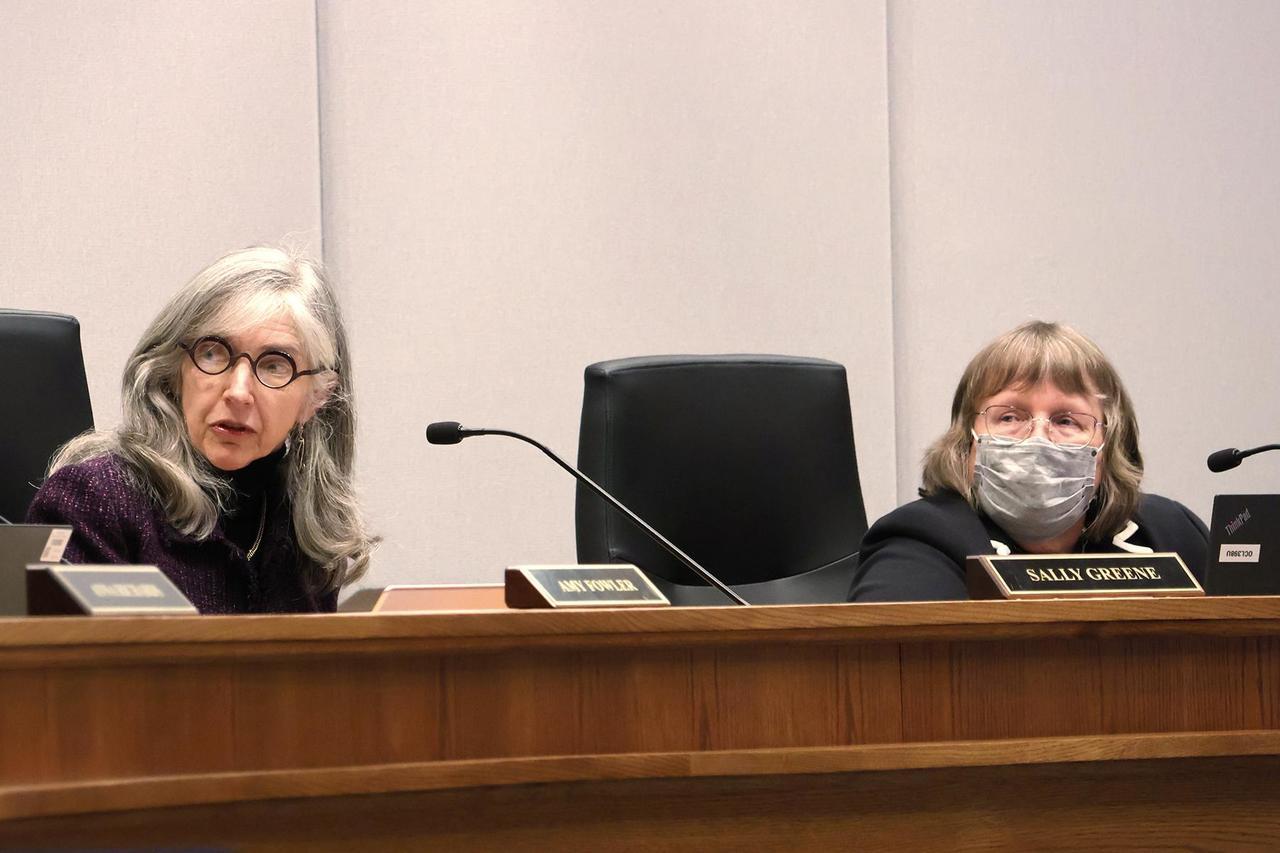North Carolina Governor Roy Cooper recently extended his executive order preventing tenants from being evicted due to non-payment of rent. He cited the continuation of COVID-19’s spread as a main factor, since many state residents and renters have been left without jobs.
“This holiday season, too many families are struggling to pay rent as the pandemic surges,” said Cooper in a release from his office on Wednesday. “As the first of the month approaches and rent becomes due, I wanted people to know that we plan to extend the moratorium on evictions.”
On a local government level, the eviction moratorium allows Orange County governments to more easily continue several initiatives to help those with housing needs.
Chapel Hill Mayor Pam Hemminger recently spoke with 97.9 The Hill’s Aaron Keck and said she was both relieved and thrilled by Cooper’s decision.
“We’ve been very blessed, people are continuing to donate to our rent and utilities funds,” Hemminger described, “and we need people to continue for the winter months. With this evictions moratorium, it keeps people in place. The worst thing to do would be put people who are having a hard enough time out of their homes with nowhere to go.”
The Chapel Hill mayor acknowledged, however, the short timeline of the state extension. Cooper’s executive order is now set to expire on January 31, 2021, and while Hemminger said she hopes the governor will extend it further, the local governments have to help people prepare for when the moratorium is lifted.
The town government is continuing its Housing Assistance Program, which uses community donations to help low-income residents receive emergency funding. The program allows for people to file for a one-time payment of up to $4,000. Additionally, Orange County has a similar Utility Assistance Program, as well as Housing Helpline for county residents to call if they have questions about rental assistance or have emergency housing needs.
Hemminger said in addition to the Town of Chapel Hill partnering with Orange County on these initiatives, staff is also working with the Orange County Sheriff’s Department and landlords of specific housing communities to help negotiate the prevention of people getting evicted amid the pandemic.
“We understand this is stressful,” she said, “for landlords as well, especially if they have mortgages on their rental places. People’s leases are probably up by now, we’ve been doing this long enough [for that to be true], and that becomes very complicated very fast. We’re trying to work together to get a handle [on things] and we have the hotline. People are making use of that hotline, calling in to donate [or] if they need help.”
For more information on Chapel Hill’s Housing Assistance Program and other emergency housing resources, visit the town government’s website.
Photo via the Town of Chapel Hill.
Chapelboro.com does not charge subscription fees. You can support local journalism and our mission to serve the community. Contribute today – every single dollar matters.












